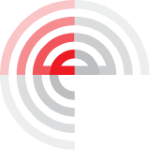Speaker
Description
Over the past decade, the market for cold-formed steel (CFS) systems has significantly expanded, especially for the construction of low to mid-rise buildings. CFS moment-resisting frame systems have become popular even in seismic-prone regions, mainly for single-storey portal-framed buildings of industrial use. However, their application in multi-storey structures is still limited by the behaviour of the beam-to-column joints, which are prone to premature local buckling failure of the connected elements. This study aimed to develop a more practical type of moment-resisting CFS joint, which is fast and easy to assemble, while providing satisfactory seismic performance. In the proposed connection system, the beam and column elements are built-up from CFS channels and their webs are bolted to a web through-plate. In a first step, the seismic moment-rotation behaviour of CFS beam-column joints with various configurations was investigated. Detailed FE models were developed in ABAQUS, taking into account material nonlinearity and geometric imperfections, which were validated against available experimental data. The validated FE models were subsequently used to perform monotonic and cyclic analyses of CFS bolted joints with different beam slenderness values, and various web through-plate shapes and slenderness values. The moment-rotation behaviour of the studied joints was then evaluated in terms of its seismic characteristics, including bending moment capacity, rotational stiffness, ductility, energy dissipation capacity and damping coefficient. Finally, following comparison of the results, more structurally efficient CFS bolted joints suitable for multi-storey moment-resisting frame systems in earthquake regions were proposed.
| Keywords | Cold-formed steel (CFS), Bolted moment-resisting connections, FE analysis, Stiffness, Ductility |
|---|---|
| DOI | https://doi.org/10.5592/CO/1CroCEE.2021.122 |



